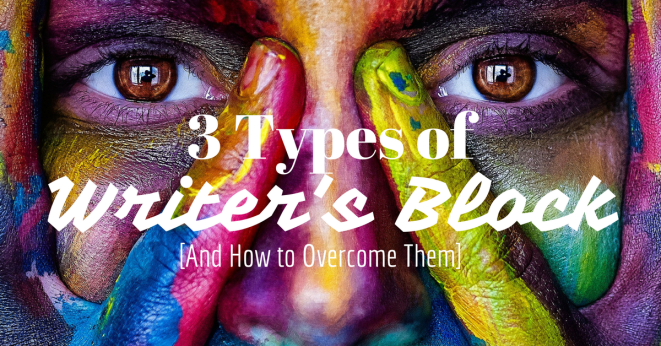
You’re traveling down the road of your story, and suddenly your engine sputters and you’re stranded on the shoulder. You could get out of the car and let yourself get distracted [with social media, with TV, with just plain sitting around].
Or you could get out and push that car to the nearest gas station to guzzle down some inspiration.
For me, there are three types of writer’s block, and they each require a different kind of fuel.
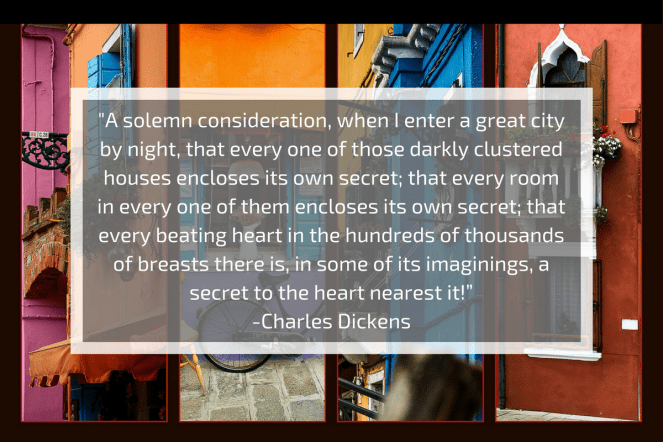
- The Tangled Mind Block
The Tangled Mind is when you’re overwhelmed with details or with a particular problem that seems to have no solution. There’s SO MUCH INFORMATION out there and there are SO MANY WAYS to get it on the page that seems impossible to make decisions.
Believe it or not, this block is often the easiest to fix. All that tension and angst and frustration building up in you is actually leading to its own solution. There’s an answer growing inside of you, and if you nourish it and give it time, all that labor will lead to birth.
What to do:
–Read. Reading gets you into a writing mindset. It’s like doing math homework so you know what to do for the test. (That’s a terrible analogy, especially for us writing folk, but you get the idea.)
–Make visual aids. Maps or scene placements, storyboards, flow charts. All of these are helpful. Check out how J.K. Rowling did it. If I’d known how to do this when I first started writing, my book would have been finished ten years ago. Literally.
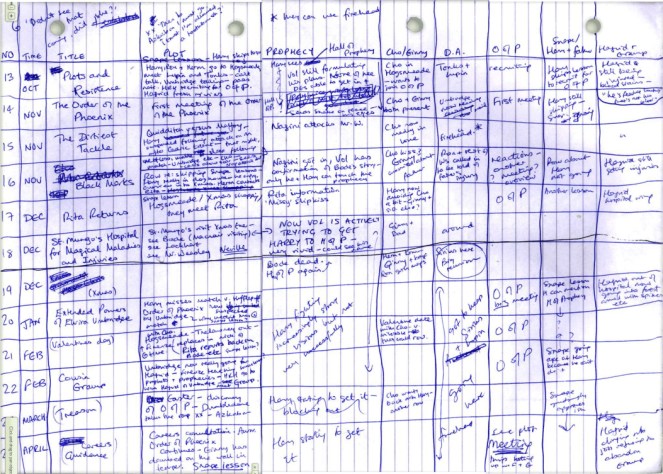
–Write it out. Write down your frustrations. Write down brainstorming ideas. Write out conversations with your characters. (Sometimes they’ll tell you all you need to know.) I read somewhere that if you don’t know what to write, you should sit down and write 750 words, even if they’re, “I don’t know what to write everything I write is terrible I can’t think straight.” Pushing through is the only way to get past this block.
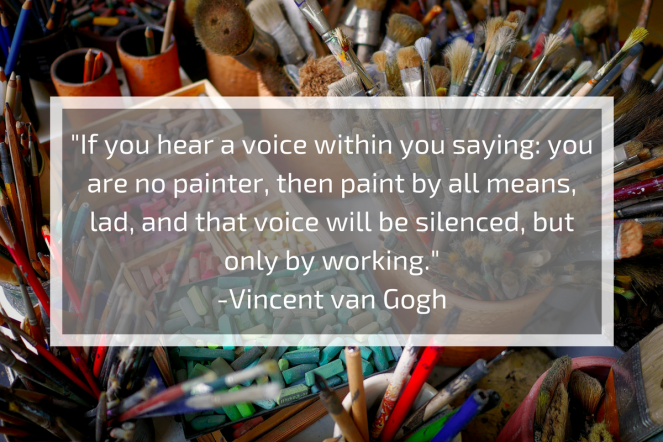
- The Drought Block
The Drought is when you’re just plain uninspired.
Some people advise to just push through this too, but I haven’t found that to be effective. I end up just sitting at a blank screen, deleting every sentence I type because it’s garbage. But not to fear—this time can still be productive.
What to do:
-Maybe your creative juices aren’t flowing, but there’s plenty of bookwork to be done that requires little creativity. (This is the bookwork that a lot of writers try to skip.) I’m talking about planning. Organizing. Editing. This stuff has to be done sometime, so why not when you’re feeling uninspired anyway? A lot of times you’ll be able to bore yourself into inspiration. It’s like when my college roommate would organize her desk in order to avoid doing homework and end up doing homework to avoid organizing her desk. #motivation
-I’ve noticed that this kind of drought tends to happen around 3 or 4 pm for me. Try to keep track of what time of day (or night—night is my favorite time to write) you’re most productive and schedule your other bookwork accordingly.

- The Doubt Block
The Doubt is when you second-guess every move you make. Without question, this is the worst kind of writer’s block there is. It will make you stop this journey altogether if you let it.
What to do:
-Remind yourself why you started writing in the first place. Go back to the books, movies, songs, people or places that originally inspired you.
-Remember how enjoyable writing can be when there’s no pressure. Take a few hours to work on a new project just for fun, something you’d never try to publish, something you’d never let other eyes see.
-Remember that it is worth it. You started writing because you had something to say. Maybe you didn’t know exactly what you were saying, and maybe that’s why it’s so hard say it, but that’s why it’s so important to keep going. Writing can turn the question marks in your life into periods.
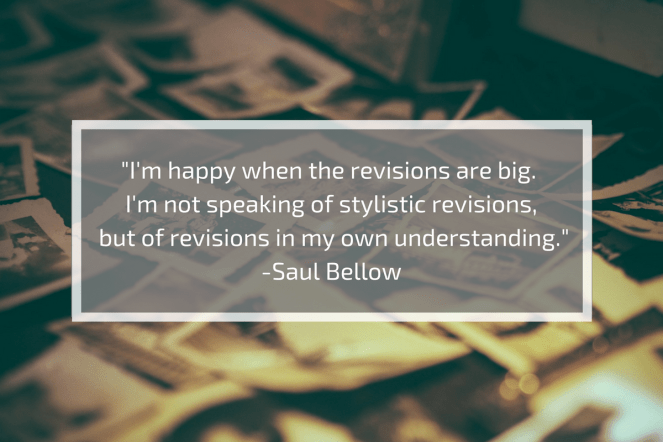
-Remember that it’s supposed to feel like this. Like you have no idea what you’re doing. Like every word you write is wrong. Like every time you take a step forward, you take ten back. They say that this exactly how you should feel, and that in fact if you feel confident in your work, it probably isn’t very good.
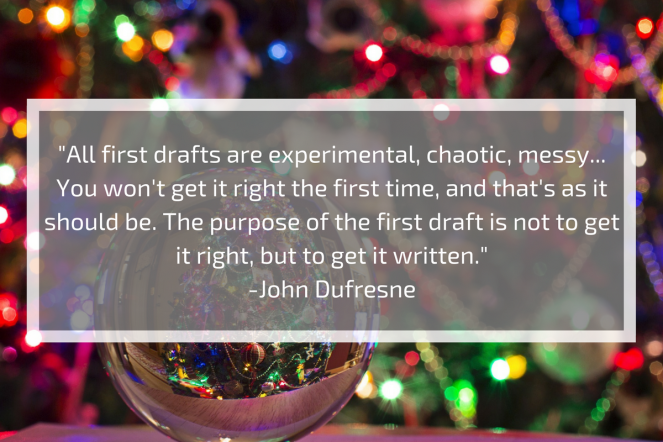
The task of writing takes a lot of heart. That’s what makes it so difficult, but that’s also what makes it so good. You’re not just building a story as you write; you’re building a stronger, wiser version of yourself. So keep going even when it feels hopeless, even when you think it’s too much for you, even when you think the work will never be done.
You got this.
What I’m Listening to: How Hard I Try by filous (ft. James Hersey)
